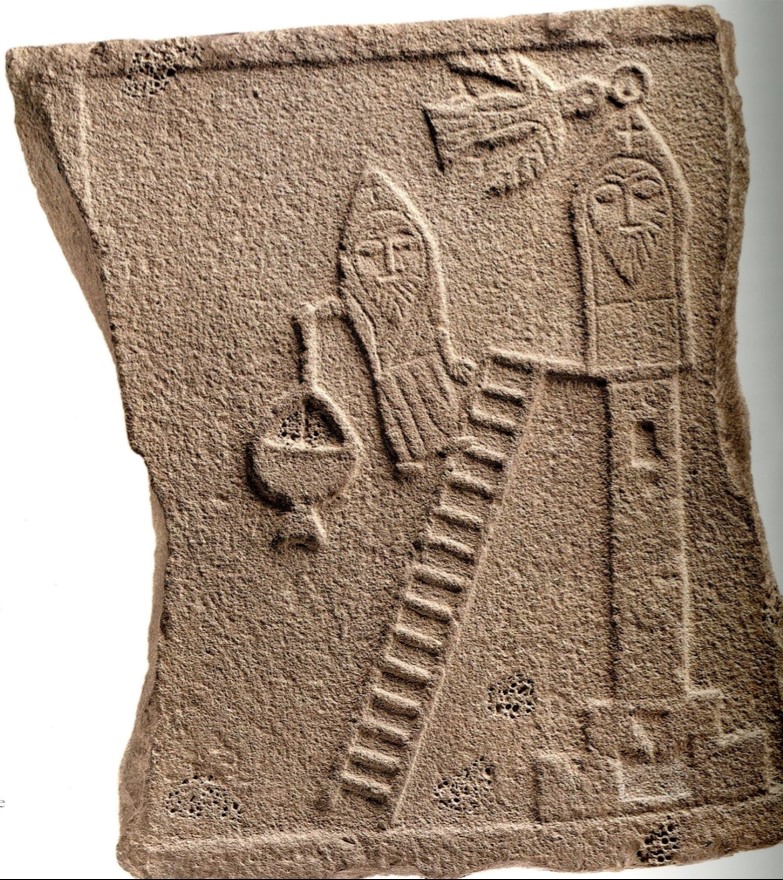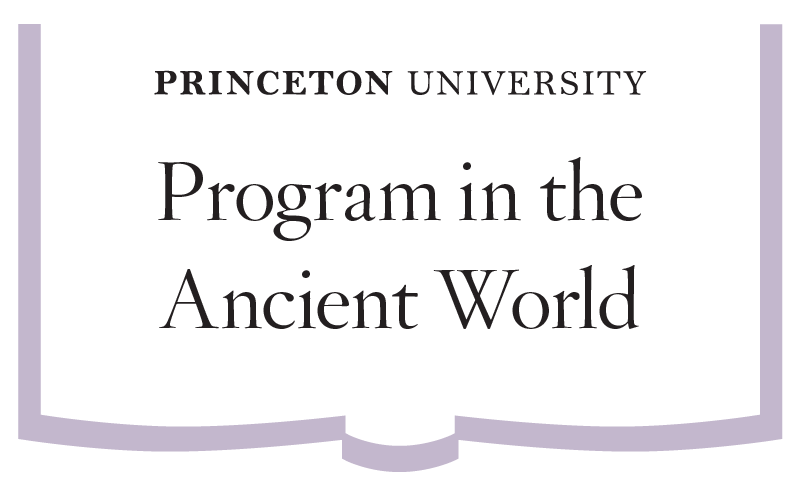
Paradoxes of Parrhesia
Hartmut Leppin IAS/Goethe-University Frankfurt am Main
November 8, 2019 · 12:00 pm—1:30 pm · 209 Scheide Caldwell House
Program in the Ancient World

The Greek word parrhesía, usually translated as “frankness,” has a long history in Antiquity. Its first known mention is in one of Euripides’ works; he defines parrhesía as a crucial prerogative of the Athenian citizens who are allowed to contribute to debates in the popular assembly.
During Late Antiquity, the term is still used widely and even becomes a loan word in Syriac and other languages. Obviously, parrhesía remained an important virtue ascribed to people who were considered to possess the right to be heard in public, among them philosophers as well as historians and monks. Using entirely different approaches, modern scholars such as Giuseppe Scarpat or Michel Foucault have convincingly demonstrated the importance and usefulness of this concept. But they paint a more or less linear history of the term, which will be challenged in book I am writing at the IAS. In my talk, which is based on this book project, I will not focus on the parrhesiastés, as is usually done, but on the people who are criticized with parrhesía and on the conduct expected from them. Members of Roman and Late Antique elites were supposed to possess enough sophrosýne to bear criticism patiently. Nevertheless, polite parrhesía seemed to be advisable in many cases, which, however, was often not compatible the fundamental idea that parrhesía should be completely truthful. Based on a small selection of sources, I will try to explore these tensions in a more detailed manner.
Hartmut Leppin is professor of Ancient History at the Goethe-University Frankfurt am Main and Principal Investigator of the project “Polyphony of Late Antiquity” funded by the Deutsche Forschungsgemeinschaft. He is editor of the Historische Zeitschrift and the author of Justinian. Das christliche Experiment, Stuttgart 2011 and Die frühen Christen. Von den Anfängen bis Konstantin, 2nd ed. München 2019. He research concerns ancient Christianity and the history of political ideas.












